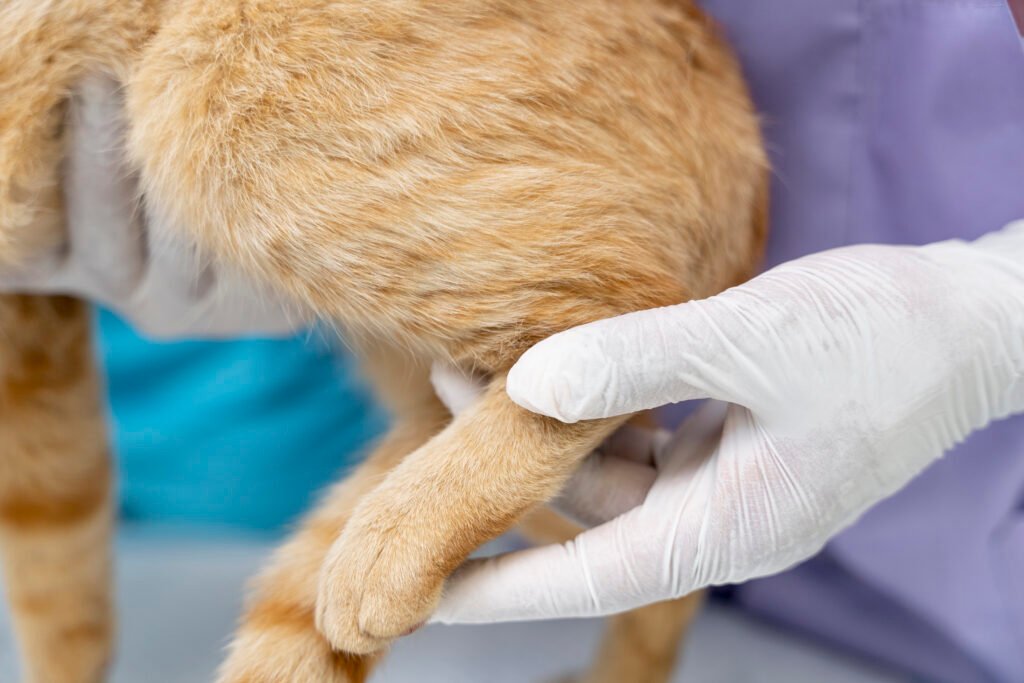Discover the root causes of arthritis in pets and learn effective prevention measures to keep your furry friends healthy and happy!
Understanding Arthritis in Pets
Arthritis is a prevalent condition in pets, often overlooked by owners. Recognizing its signs, understanding its causes, and knowing preventive measures can enhance your pet’s quality of life. With the right knowledge, you can support your furry companions in living healthier and happier lives.
The Root Causes of Arthritis
Arthritis in pets primarily results from joint inflammation, which can be attributed to several factors. First, age is a significant contributor. As pets age, their joints naturally undergo wear and tear. Additionally, genetic predisposition plays a role; certain breeds, such as Labrador Retrievers and German Shepherds, are more susceptible to joint issues.
Injuries also contribute to the development of arthritis. Pets that experience trauma from accidents or vigorous activities may face long-term joint problems. Furthermore, obesity is a critical risk factor. Excess weight places additional strain on the joints, accelerating degeneration. Consequently, maintaining a healthy weight is vital in preventing arthritis.

Recognizing the Signs of Arthritis
Identifying the signs of arthritis in pets is crucial for early intervention. Common symptoms include limping, stiffness, and difficulty rising after resting. You may also notice a decrease in activity or reluctance to engage in play. If your pet struggles to climb stairs or jump onto furniture, these could indicate joint pain. Being vigilant about changes in behavior can aid in early detection.
Importance of Regular Vet Check-ups
Regular veterinary check-ups are essential for the early detection and management of arthritis. During these visits, veterinarians can assess joint health and recommend appropriate treatments. Early diagnosis is critical, as it allows for timely interventions that can slow disease progression. Additionally, veterinarians can suggest tailored weight management strategies and safe exercise regimens.
Nutritional Support for Joint Health
A balanced diet is crucial for maintaining overall pet health, especially joint health. Including anti-inflammatory foods, such as omega-3 fatty acids found in fish oil, can help reduce joint inflammation. Joint supplements containing glucosamine and chondroitin sulfate are also beneficial, supporting cartilage health and alleviating arthritis symptoms. Providing a nutritious diet can significantly impact your pet’s well-being.
Exercise: A Double-Edged Sword
Exercise is important for pets, but it must be approached cautiously in cases of arthritis. On one hand, regular, low-impact exercise strengthens muscles around the joints and improves stability. Activities such as swimming or gentle walks are excellent options. On the other hand, high-impact activities may exacerbate joint issues. Therefore, finding a balance is essential. Consulting your veterinarian for a customized exercise plan is highly recommended.
Weight Management: The Key to Prevention
Preventing obesity is one of the most effective strategies for reducing the risk of arthritis in pets. A proper diet combined with regular exercise is essential for maintaining a healthy weight. Monitoring caloric intake and ensuring a balanced diet can prevent excessive weight gain. Keeping your pet at a healthy weight reduces strain on their joints, thereby helping to prevent arthritis and other health complications.
Creating a Comfortable Living Environment
Creating a comfortable home environment is vital for pets suffering from arthritis. Providing soft bedding and ramps can facilitate movement and ease joint strain. Additionally, reducing slippery surfaces can help prevent falls and injuries. Making small adjustments in your living space can significantly improve your pet’s comfort and mobility.
Alternative Therapies and Treatments
In addition to conventional treatments, many alternative therapies can benefit pets with arthritis. Acupuncture, physical therapy, and laser therapy have shown positive results in managing pain and improving joint function. While these treatments should not replace traditional veterinary care, they can serve as valuable complementary therapies. Always consult with your veterinarian to determine the most appropriate course of action.
The Positive Outlook for Pets with Arthritis
While arthritis presents challenges, it is manageable with the right strategies. By understanding its causes and recognizing symptoms, pet owners can take proactive steps to improve their pets’ quality of life. With proper nutrition, regular veterinary check-ups, and a balanced exercise routine, many pets with arthritis can continue to thrive. A positive attitude and commitment to your pet’s health can lead to significant improvements.
Conclusion: Empowering Pet Owners
In conclusion, arthritis is a common issue that warrants attention from pet owners. By equipping ourselves with knowledge about its causes and prevention strategies, we can enhance our pets’ lives. Prioritizing health through proper nutrition, weight management, and regular veterinary care allows our furry companions to lead active, fulfilling lives. Together, we can make a meaningful difference in their overall well-being.
